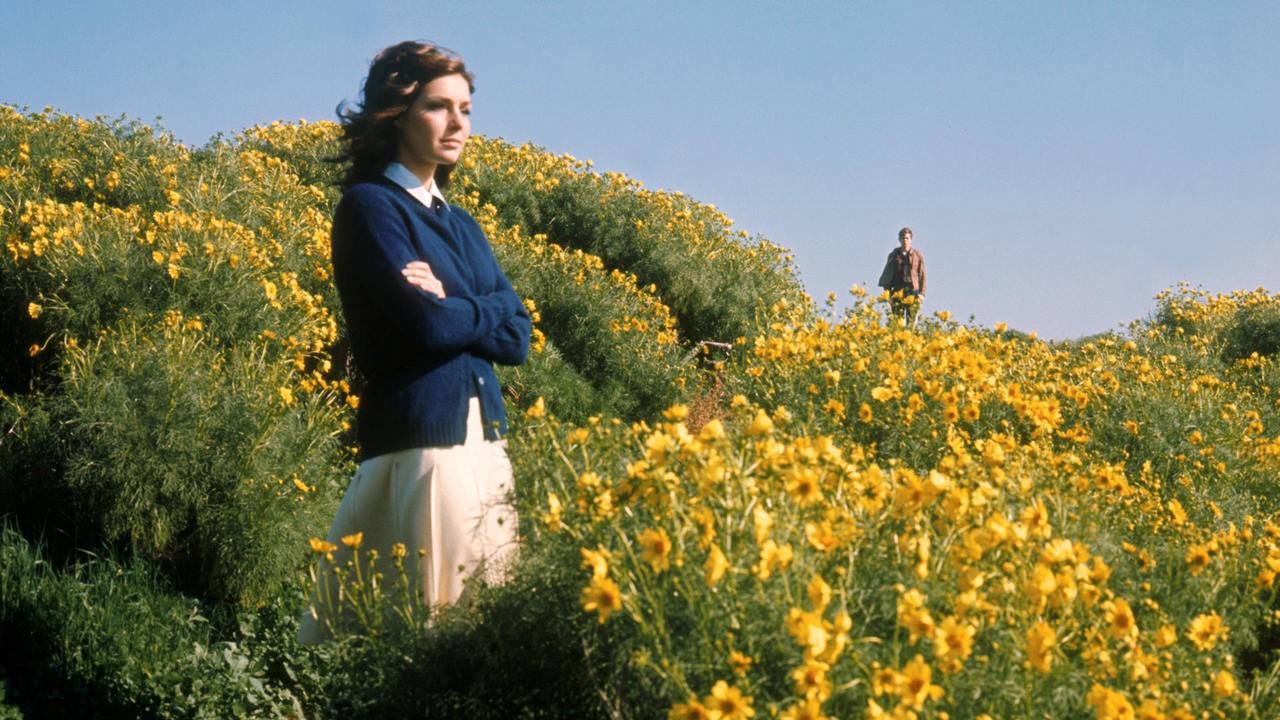
- Film
“Summer of ’42”: 80 Years of Nostalgia and Youth Awakening
“The summer smiles, the summer knows
And unashamed, she sheds her clothes…”
In the foreground, are waves, seagulls, and sand. In the distance, World War II is at its height. In the air, the awakening of desire with adulthood knocking on the door.
Exactly 80 years ago, the now-legendary New York writer Herman “Hermie” Raucher stopped being a child, as he confessed in his film biography, Summer of ’42 (1971), a project that took him more than a decade to complete while working as a television, theater and commercials writer.
Originally, he would not be the central character of the script – it would be one of his childhood friends who died years later as a military doctor in the Korean War (1950-53). But he preferred to change the approach.
With just seven characters speaking on screen, the story is relatively simple: three teenage boys meet a young adult couple in the distance on Nantucket Island (Massachusetts). But the film was shot on the other side of the country, in Mendocino (California).
Soon, the silent husband must go to war, a subject that is rarely talked about. That keeps the protagonist, the beautiful and mysterious Dorothy, Brazilian-born American actress Jennifer O’Neill, akin to Homer’s Penelope waiting for her lover.
And that arouses special curiosity in the naïve Hermie (Gary Grimes), a mirror of the author Raucher and whose voiceover as the narrator was made without credit by director Robert Mulligan (1925–2008).
Just a few months ago, the United States joined World War II after the Japanese attack on Pearl Harbor on December 7, 1941. Of course, in the summer of 1942, nobody knew how long the conflict would last, with the worst yet to come in Europe and Japan.
Tragedy comes with a telegram announcing to Dorothy the worst news from the front lines.
Eventually, the fates of Hermie and Dorothy go from tenderness to suffocation, something offensive to some, the boy being a minor.
Director Mulligan agreed with actress O’Neill to find a delicate way to make the film work without blatant nudity while still achieving critical and commercial success. Many years later, Raucher admitted in an interview with Treasure Coast News that in reality, the relationship was not consummated physically but in the film, “we let you think what you want.”
Released in April 1971, the film became one of the box office hits of that year and also a publishing success: the adapted script was released as a novel beforehand, a strategy of Warner Bros. to stir interest in the audience.
Therefore, the film was advertised as “based on a bestseller” even though the film was completed before the book. Ultimately, it was one of the bestselling novels of the first half of that decade, with 23 reprints between 1971 and 1974. In his dedication, Raucher wrote, “To those I love, past and present,” which included his childhood friends.
The film received four nominations at the Golden Globes: Best Motion Picture – Drama, Best Director – Motion Picture, Best Original Score – Motion Picture (Michel Legrand, who took the Oscar), and in the now defunct category, Most Promising Newcomer – Male (Grimes).
Director Mulligan earned his second Golden Globe nomination with Summer of ’42, after the classic To Kill a Mockingbird (1962). Legrand and his colleagues, couple Alan and Marilyn Bergman, created the ballad The Summer Knows, today an iconic song in the romantic genre, with lyrics like:
And if you’ve learned your lesson well
There is little more for her to tell
One last caress, it’s time to get dressed for fall…”
Filming lasted eight weeks, during which leading lady O’Neill was isolated from the three teenage actors so as not to spoil the sense of awkwardness and distance that their characters were meant to portray.
Another curious anecdote was that when the film was released, Raucher received letters from several women who claimed to be that young widow Dorothy who left his life as mysteriously as she arrived. He said that he recognized the real woman by her handwriting and although they maintained epistolary contact, they decided not to meet again.
Raucher wrote a sequel, Class of ’44 (Paul Bogart 1973), but without the desired adult character and success. Several decades later, an off-Broadway musical version of Summer of ’42, adapted by Hunter Foster and David Kirshenbaum, premiered in December 2001.
Coincidence or not, the Italian film Malena (2000) by Giuseppe Tornatore with music by Ennio Morricone – both getting Golden Globe nominations – made a nostalgic wink similar to World War II, with a teenaged boy obsessed with an adult woman (Monica Bellucci).
They also meet when she drops a bag of groceries and he runs to help her. But in the Italian film, the intimate encounter never happens and the Sicilian people have a more forceful presence in the barbaric collective trial in the Fuenteovejuna style of Lope de Vega (1619).
Summer of ’42 is much more intimate and subtle. Today, Raucher is 94 years old and without a doubt, every summer he remembers the one in 1942 that made him an adult and then famous, according to his own prose.
Translated by Mario Amaya

